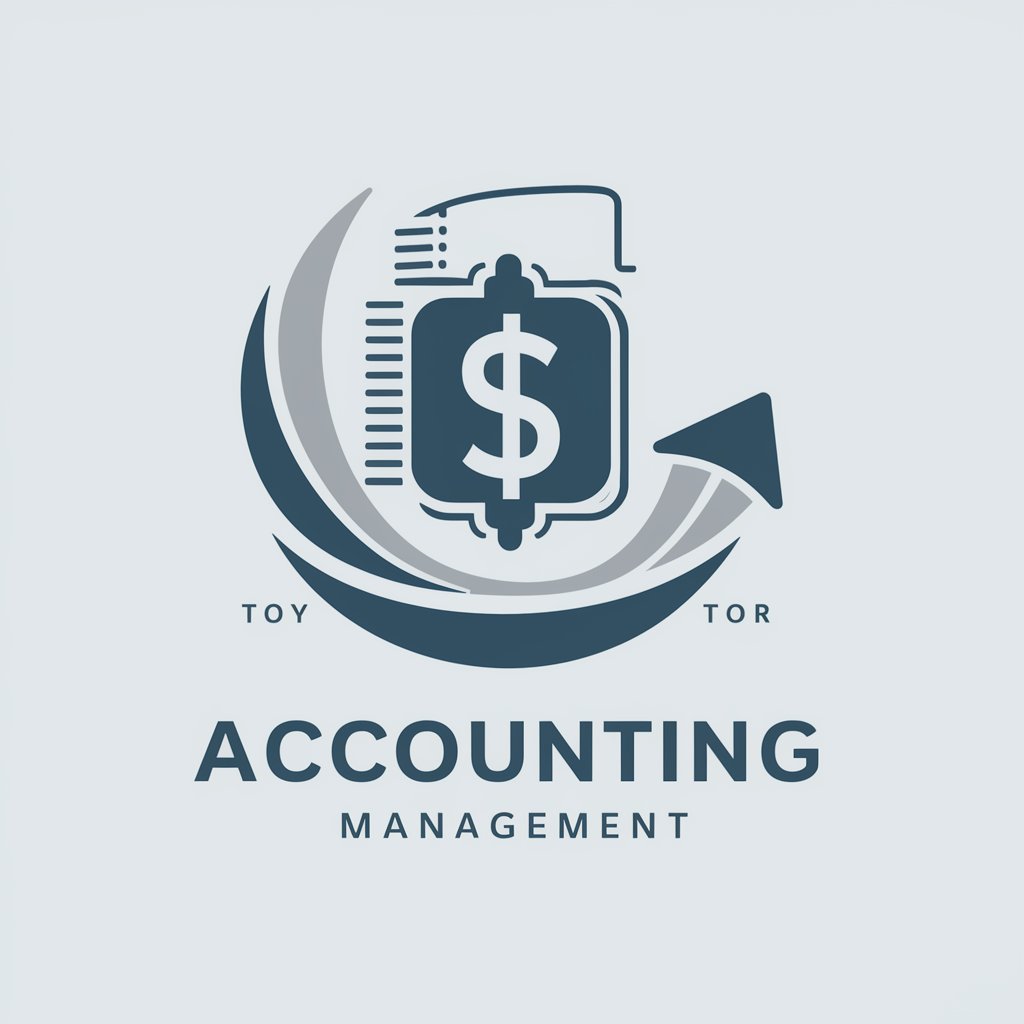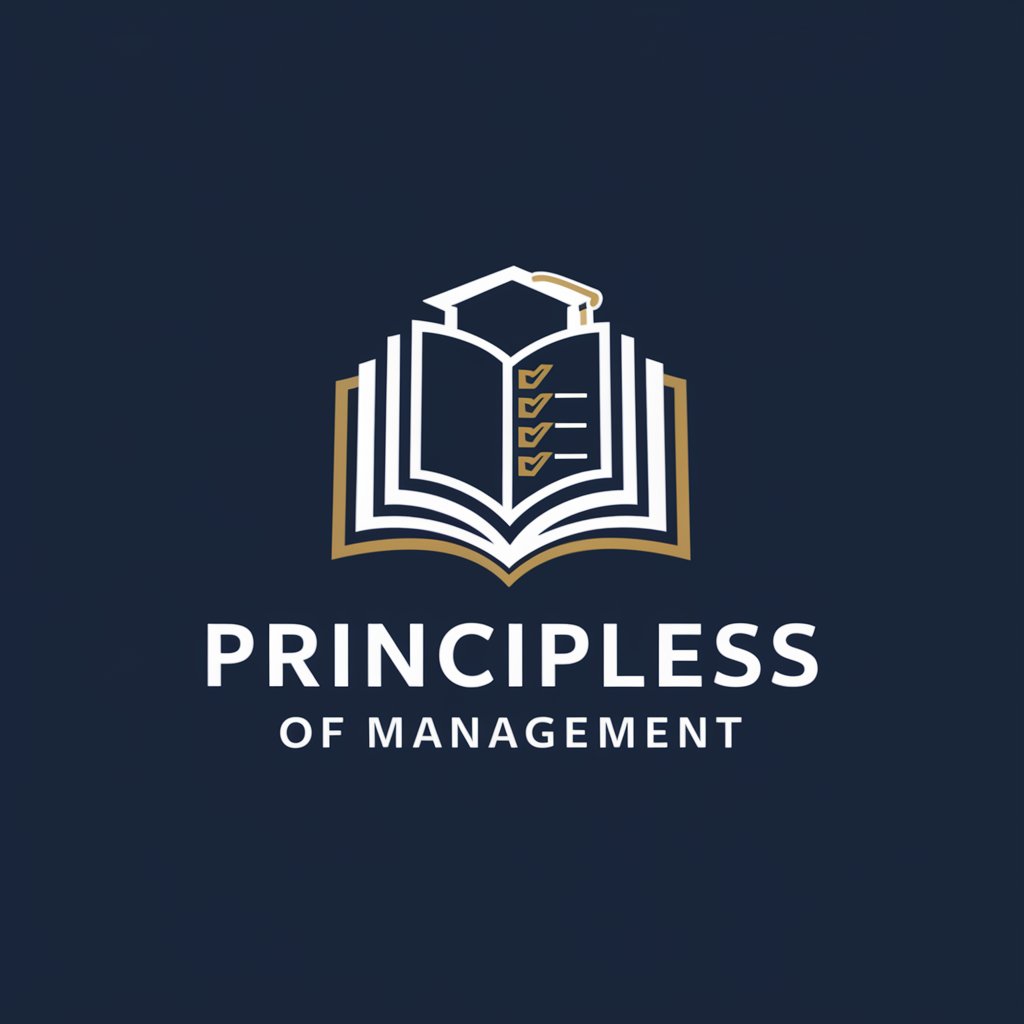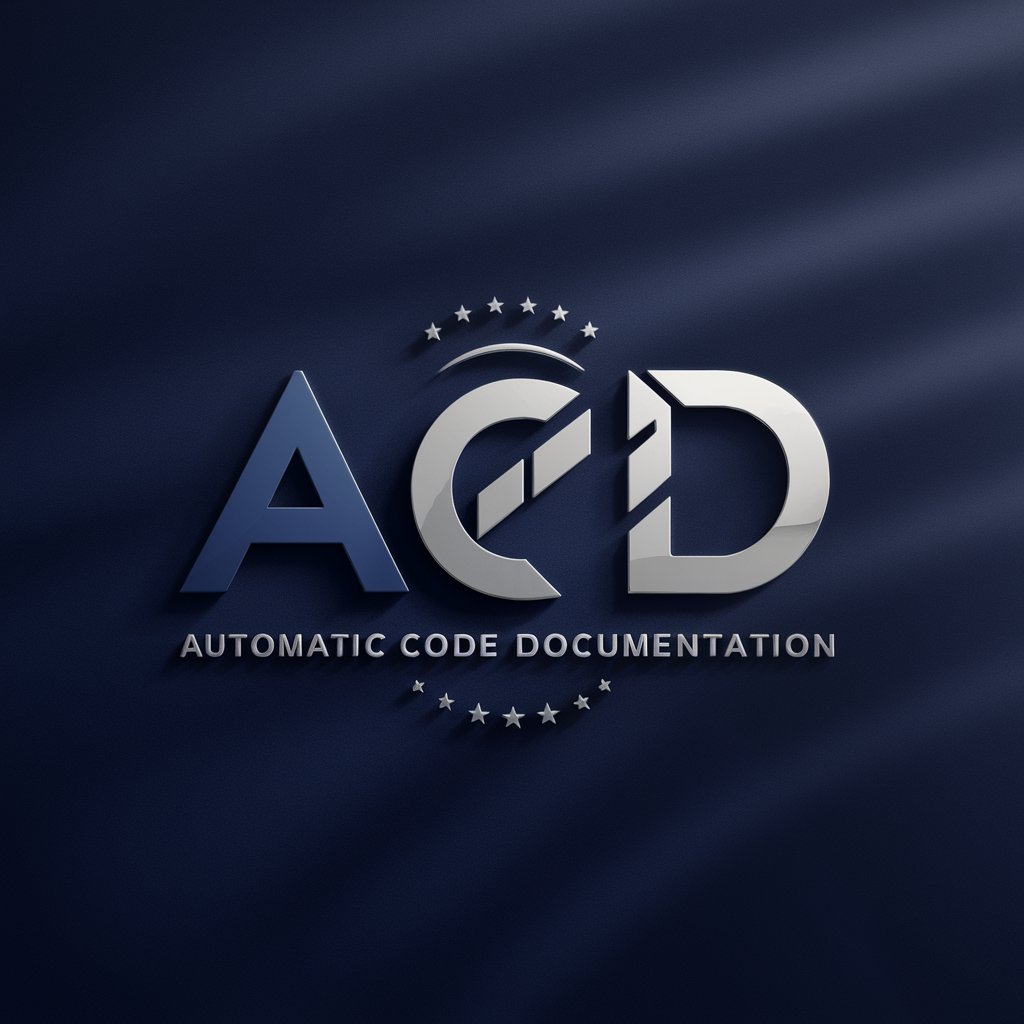Accounting - Accounting AI Assistant

Welcome! Let's navigate the world of accounting and finance together.
Empowering Financial Decisions with AI
Explain the importance of accurate financial statements in business management.
How can small businesses effectively manage their cash flow?
What are the key components of a personal budget?
Discuss the benefits of tax planning for individuals and businesses.
Get Embed Code
Introduction to Accounting
Accounting is the systematic process of recording, measuring, and communicating information about financial transactions. It serves as a critical tool for business management, allowing stakeholders to make informed decisions based on financial data. The primary purpose of accounting is to provide a clear picture of the financial health and performance of an organization or individual. This includes tracking income and expenses, analyzing financial performance, ensuring compliance with financial regulations, and planning for future financial stability. An example scenario illustrating the importance of accounting is a small business owner using accounting data to determine the profitability of their business, make decisions about pricing, budget for expenses, and prepare for tax obligations. Another example is an investor using financial statements prepared by accounting processes to assess the viability of investing in a company. Powered by ChatGPT-4o。

Main Functions of Accounting
Financial Reporting
Example
Preparing balance sheets, income statements, and cash flow statements for a corporation.
Scenario
A corporation compiles annual financial statements to report its financial position and performance to stakeholders, including investors, creditors, and regulatory bodies.
Budgeting and Forecasting
Example
Creating a detailed budget for a new product launch.
Scenario
A business develops a budget for marketing, production, and distribution expenses associated with launching a new product, using historical data and market analysis to forecast sales.
Tax Planning and Compliance
Example
Strategizing for tax deductions and credits to minimize liabilities for a small business.
Scenario
A small business works with an accountant to identify allowable deductions and tax credits, ensuring compliance with tax laws while minimizing its tax liability.
Investment Analysis
Example
Evaluating the return on investment for purchasing new equipment.
Scenario
A manufacturing company assesses the potential financial benefits, such as cost savings and increased production capacity, against the cost of acquiring new machinery.
Risk Management
Example
Analyzing credit risk before offering payment terms to a new client.
Scenario
A company evaluates the creditworthiness of a new client to decide whether to offer them payment terms, mitigating the risk of non-payment.
Ideal Users of Accounting Services
Small and Medium Enterprises (SMEs)
SMEs benefit from accounting services by gaining insights into their financial performance, improving budget management, and ensuring regulatory compliance, which is crucial for sustainability and growth.
Individual Investors
Individual investors use accounting information to make informed decisions about where to allocate their resources, assess the financial health of potential investment targets, and plan for tax implications of their investments.
Non-Profit Organizations
Non-profits rely on accounting to manage donations, grants, and expenditures efficiently, ensuring they meet their objectives and comply with financial reporting requirements.
Government Agencies
Government agencies use accounting to track public spending, prepare budgets, and report on the allocation of resources, ensuring transparency and accountability.
Freelancers and Independent Contractors
Freelancers and independent contractors use accounting services to manage their finances, track income and expenses, and navigate tax obligations, enabling them to focus on their professional services.

How to Use Accounting GPT
Start with a Free Trial
Begin by visiting a platform offering a trial of Accounting GPT, such as yeschat.ai, to explore its features without the need for a subscription or login.
Identify Your Accounting Needs
Determine the specific accounting tasks or questions you need assistance with, such as financial analysis, tax planning, or budgeting strategies.
Interact with the Tool
Engage with Accounting GPT by asking specific questions or requesting information on accounting principles, practices, and strategies relevant to your needs.
Apply the Insights
Utilize the advice, analysis, and solutions provided by the tool to make informed financial decisions or to improve your accounting practices.
Continuous Learning
Regularly use the tool for different accounting scenarios to deepen your understanding of accounting principles and to stay informed about best practices.
Try other advanced and practical GPTs
StepWiseGuide // Simplifying Tasks Step-by-Step
Simplifying Tasks with AI-Powered Steps

Principles of Management
Empowering management excellence with AI

ECOPETROL Visión 2040
Powering Sustainable Energy Futures

Athlete Scout Assistant
Empowering Athletic Dreams with AI

Worst Case
Anticipate challenges with AI-powered insights

🖌️ Creative Muse 🎨
Unleash Creativity with AI Support

Sphinx Doc Helper
Power your docs with AI-driven Sphinx assistance.

Automatic Code Documentation
AI-powered Documentation Generation

Azure Documentation Specialist
Empower your Azure journey with AI-guided insights

Living Word Guide
Empowering faith with AI-driven scripture discovery

Wiebe Craft
Empower Your Words, Engage Your World

Knowledge File & Dataset Builder
Crafting Structured Knowledge with AI

Accounting GPT Q&A
How can Accounting GPT help with tax planning?
Accounting GPT offers insights into optimizing your tax obligations by explaining deductions, credits, and tax-efficient investment strategies tailored to individual or business financial situations.
Can it assist in creating financial statements?
Yes, it can guide you through the process of preparing financial statements, including balance sheets, income statements, and cash flow statements, by explaining each component and how they interrelate.
What advice does it provide for budgeting?
It offers strategies for effective budgeting, including how to categorize expenses, prioritize savings, and set realistic financial goals to ensure financial stability and growth.
Can Accounting GPT help with investment decisions?
Absolutely. It provides analysis on different types of investments, assessing risks and returns, and aligning investment choices with your financial goals and risk tolerance.
Is it useful for students studying accounting?
Definitely. It serves as an educational resource by explaining complex accounting concepts, principles, and methodologies in an accessible manner, aiding in coursework and exam preparation.
